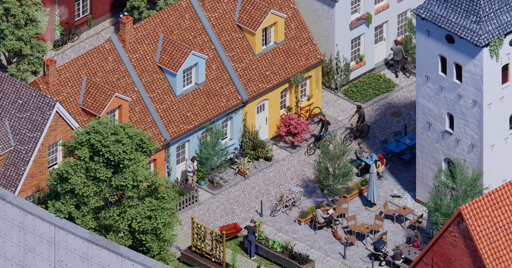Around the world, progressive parties have come to see tight immigration restrictions as unnecessary, even cruel. What if they’re actually the only way for progressivism to flourish?
That the era of low immigration was also the era of progressive triumph is no coincidence. […] The United States felt more like a cohesive nation to many voters, with higher levels of social trust and national pride, and politicians were able to enact higher taxes on the rich and new benefits like Social Security, Medicare and Medicaid.



Sufficiently religious people always make everything bad, in big and small ways.
How so? Aren’t those who seek asylum those who disagree with their country’s societal atmosphere? Why would someone impose their beliefs on a radically different place they’ve just settled to?
Because that’s how humans are. I’m an immigrant myself, and trust me I’ve asked myself the same question so many times. People move to get away from horrible conditions in their home country, then immediately set to recreating the factors that caused those horrible conditions in the first place. Most people just don’t make the logical leap between their beliefs and the end results.
You’re completely and utterly ignorant on this.
Ex-Muslims for example have a LOT of issues with a lot of their “fellow” immigrants who abandoned absolutely none of the beliefs and behaviors that made it difficult to live in their country of origin, including harsh treatment and violence against any Middle Eastern looking person recklessly brave enough to not pretend to be at least moderately religious.
A sizable portion of immigrants tend not to disagree with the “social atmosphere” of their original country, and tend to move purely for practical, often financial reasons. From what I’ve seen there’s a lot of “Technically this place has better results, but I don’t really agree with how they got there. Too much alcohol, too many sluts and gays, too permissive.” or similar sentiments from that part of the demographic.
But asylum is a very different thing from the economic migration you described, though.